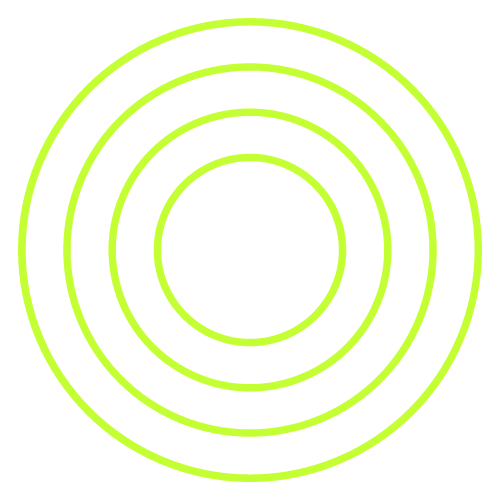Divesting from appropriation
I read a post from Brené Brown this week that really stuck with me. She said: "there’s nothing more beautiful than a worn heart that is somehow still willing."
My heart is worn. It feels tired and weary, grief is so close to the surface, and I am moving much slower and more honestly these days. I feel whittled down, closer to my core, and too tired to pretend otherwise.
In the past I worried that if I let myself *feel*, I might lose the momentum to *fight*. But as I apprentice myself to this grief, I am discovering that I feel much more capable, more committed, and that what I am being called to offer cuts much closer to the bone.
I want to let you know about a new(ish) direction in my work that has been brewing for a long time and is taking shape in a couple of new offerings from wildbody. I hope they resonate for you, and as a practice of consent, I want to give you the option to choose if this space continues to feel like one that serves you.
"What if the way we respond to crisis is part of the crisis?"
— Bayo Akomolafe
How we do things matters, and as a politicized, white, somatic practitioner I am more aware than ever of the dangers of urgency in this work. Even in our heartfelt efforts to weave together embodiment and racial justice we can lean towards fixing, urgency, perfection, and control. When I slow down I am forced to feel into the layers of my shaping in ways that often break me open, force me to feel, to look at things more closely, to not know the answers, to mess up, to ask questions, to surrender control.
Learning to slow down is a profound experience of feeling into how whiteness occupies our bodies. Urgency pulls us out of our integrity and humanity. It is a survival response learned by our people that persists on a deep cultural level, and serves as a pillar in upholding white supremacy.
We must practice remembering other ways.
Divesting from Appropriation
This is slow, risky, and potent work and it feels important to explain some of the roots and core values that are guiding me. I know that not everyone who subscribes to this list is a practitioner, (or a white person) but transparency is an important value to me, especially in areas where I hold some power.
Racial justice has always been at the heart of wildbody offerings. Over the past two years, my personal and scholarly work around lineage and ancestry has been deepening and transforming how I relate to my practice. I am thinking about how pervasive the extraction of BIPOC cultural wisdom is in this field, and also about what has been lost from my own lineages, and where these lines intersect.
Divesting from appropriation is about both surrendering entitlement and feeling into the truth of our own peoples. I believe we are all capable of appropriation, and as a white bodied person I don't feel it's my work to tell Black, Indigenous, and other people of colour how to engage with their practices. I can share from what I know through my own journey into these questions, which includes feeling how intimately connected extraction, violence, and severance from the natural world are to the projects of white supremacy and Christian hegemony.
Lack of acknowledgment and consent, spiritual bypassing, claiming ownership and superiority, prohibitive costs, lack of access for the descendants of the very peoples from whom practices emerged, no sense of connection or accountability to our own peoples, normalizing cis, straight, thin, white, able bodies… the list goes on.
I want to envision a methodology of somatics that is invested in liberation right down to the roots of the lineages and histories of our practices. If we are not tending to the ways that this field has been shaped by supremacy, we are missing a core component of embodied liberation.
Practices emerge from culture, they are shaped by time, place, and cosmology. All of our peoples had practices and ways of working with the body towards healing. Even if we engage in the most consent-based, ethical, values-driven protocols with practices from outside our own cultures, we miss the crucial work of facing into the grief and joy of our own lineages and peoples. I believe that the unwillingness to do this is one way that the field of somatics can perpetuate white supremacy, and I envision new/old practices that reconnect us with our ancestors and carry us through mourning, accountability, and repair as white people. As practitioners, we hold power around shaping these conversations in our field, and in supporting these conditions with these we serve.
I will continue to offer a weekly practice group and consultations, as well as a couple of new offerings that explore how we might do this work together: Reverence + Repair and Return: The Roots of our Practice.
In these times when the unshakable truth of our interconnectedness is so close at hand, may we choose the path of a worn, but still willing heart.
